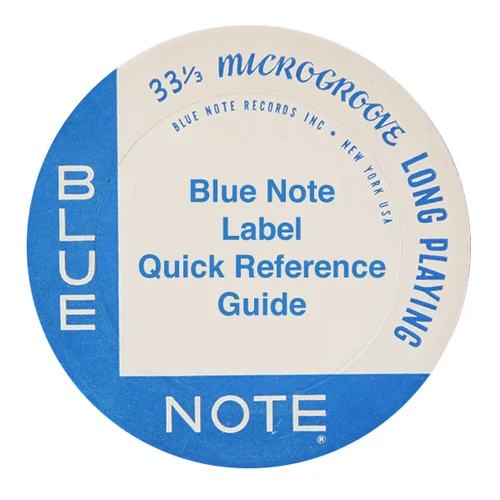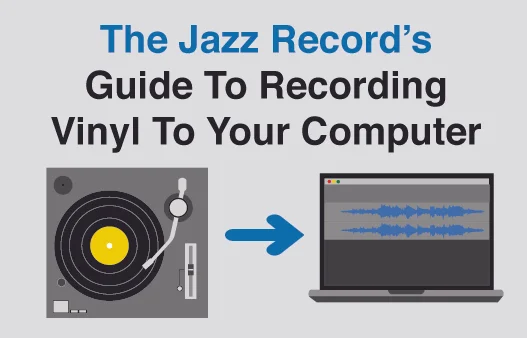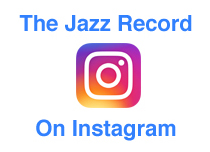Spiritual Funk & Soul Jazz: Lonnie Liston Smith - "Live!"
/Lonnie Liston Smith • Live! • 1977 • RCA Records APL1-2433
Recorded
The Selection:
The Players:
Lonnie Liston Smith - Acoustic Piano, Clavinet, Arp, Fender Rhodes, Percussion
Donald Smith - Flute, Vocals
Dave Hubbard - Tenor & Alto Sax
Ronald D. Miller - Guitar
Al Anderson - Bass
Hollywood Barker - Drums
Michael Carvin - Percussion
The Tracks:
A1. Sorceress
A2. Prelude
A3. Expansions
A4. My Love
B1. Visions Of A New World (Phase One)
B2. Visions Of A New World (Phase Two)
B3. Watercolors
B4. Sunset
The Record:
Lonnie Liston Smith
Lonnie Liston Smith had been recording as the leader of his own band "The Cosmic Echoes" a little less than five years by the time Live! was released in 1977. Before that he had recorded on some important mid-1960s recordings with Roland Kirk (before he added Rahsaan to his name) and became well known in the free jazz community with his major contributions to a whole slew of Pharoah Sanders albums on Impulse! that turned Sanders into a star. By 1977 it was no secret what Smith had to offer: funky and soulful electric jazz that landed somewhere in the realms of fusion, soul jazz and post bop. Smith's sens of musical adventure and willingness to follow his own path was no doubt due in some part to the previous bands he had been in (in addition to playing with Sanders and Kirk, he also spent time as one of Art Blakey's Jazz Messengers and appeared on Miles Davis' Big Fun and On The Corner), as well as the overall spirit of much of jazz in the 1970s, with likeminded work appearing from such legendary players as Donald Byrd. In fact, Byrd's '70s output is probably the best to compare with Smith's work from this time, with funky instrumentals balancing out a few smoother vocal tracks.
Smith and The Cosmic Echoes had put out four classic albums on the Flying Dutchman before joining up with RCA for three records, the second of which was Live! As good as the Flying Dutchman recordings were, the live setting allowed the listener to listen to The Cosmic Echoes in all their hard-edged glory. The are really going for it here, proving to the world just how great electric jazz could be when everything came together just right. Smith was clearly into a cosmic vibe, besides the moniker of his working group his albums all were leaning towards the spiritual end, both in album title and song names, as well as the overall vibe for the listener.
Smith's keyboard playing is top-notch and he is clearly the driving force in these performances, but everyone in the band is also at the top of their game. As with most great music of this sort, the drummer is of utmost importance, and Hollywood Barker doesn't disappoint. His drumming often proceeds at a fast-pace, but is solid the whole time, never coming off as hurried or frantic. Interestingly, I couldn't find any info on this guy, a rarity in the digital age, so with a name like that I'm wondering if it was someone sitting in who was under contract with another label (think Buckshot La Funke), but I would think by now that would have been revealed. Dave Hubbard on the saxophone should be a familiar name to a certain group of readers, his work on Dr. Lonnie Smith's Drives, Melvin Sparks Akilah and a couple of great Charles Earland albums (Leaving This Planet and Dynamite Brothers) certainly showed why he was a great asset to those in the funky electric jazz realm.
Many straight-ahead jazz fans will be turned off by the R&B-tinged vocal tracks - that would be Donald Smith, Lonnie's brother doing the singing - but, hey, this was the 1970's and that was what was happening in this corner of the jazz world. For the most part, the vocals are balanced out with some truly exciting playing, so if at all possible you should set aside any prejudices you might have and join the ride, because it's a great one.
The Vinyl:
Oh, mid-to-late 1970s RCA vinyl pressings, how thin art thou? These relics of greedy music conglomerates trying to stuff as much money as possible into their pockets are quite a sight to behold. They are so thin that they can barely stay rigid when you hold them by one edge. While there weren't an excessive amount of jazz releases on this label, there are still millions of '70s Elvis Presley reissues of this ilk floating around out there (and with the right breeze these things might actually float away).
As for the all important sound quality, this copy actually sounds pretty decent, with a nice clarity to the mix of the live performance. As mentioned in other posts about '70's vinyl, it's important that this lighter weight vinyl be pretty darn clean, as it is difficult to rehabilitate these thinner grooves once they get mucked up. My copy is visually clean, and even then it plays with some snaps and crackles. It's possible these LPs sounded amazing when they were first taken out of the shrinkwrap back in the day, but they certainly weren't built to last. Maybe that was their great marketing scheme all along.
For anyone out there who is actually interested in the markings in the vinyl trail-off of a 1977 RCA release (and I'm really hoping that there is no one), this one has "APL1 - 2433 - A" and "APL1 - 2433 - B" hand-etched and MASTERDISK stamped in the trail-off. That may be one reason that the vinyl sounds good, Masterdisk is certainly well known for their superior mastering skills, and their handiwork can be found on releases of all stripes even today.












